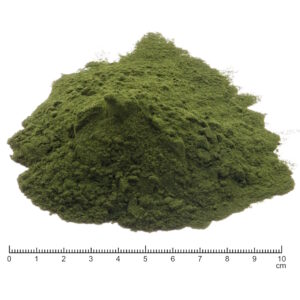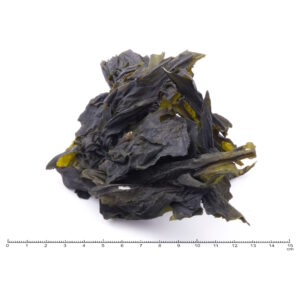ALGROS/Food
Algae and seaweed: B2B food industry and food supplements
Algae and seaweed in the food industry - they are already used here
"Algae and seaweed are an enormously sustainable vegetable ingredient with broad benefits - a true superfood. Their untapped potential is as significant for world nutrition as pulses. Disruptive and on everyone's lips like tofu, burgers, vegan drinks made from peas, beans, lupins."
- Eva Timmermann, Founder & Head of Quality Management Algros und Algenladen GmbH
Algae and seaweed are quickly and sustainably renewable raw materials for a variety of „future foods“. We are your ideal B2B partner in this respect. With our extensive range of high-quality food-grade algae and seaweed ingredients from global sourcing, we offer the best opportunities for developing innovative new products and improving established recipes for your food solutions.
If you desire expert consulting, please feel free to contact us. We will help you select the right algae and seaweed raw materials for your production and contribute to your project significantly.
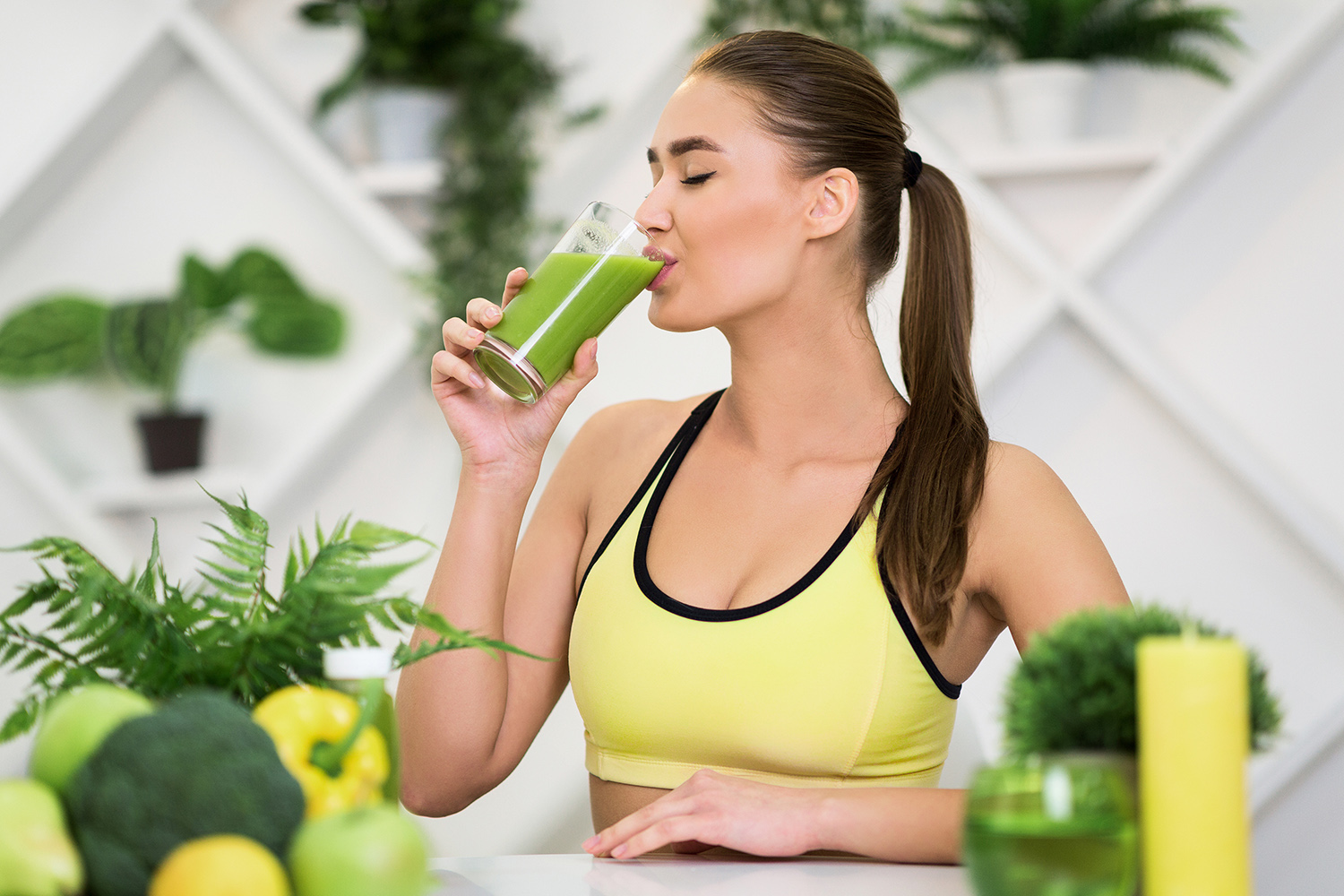

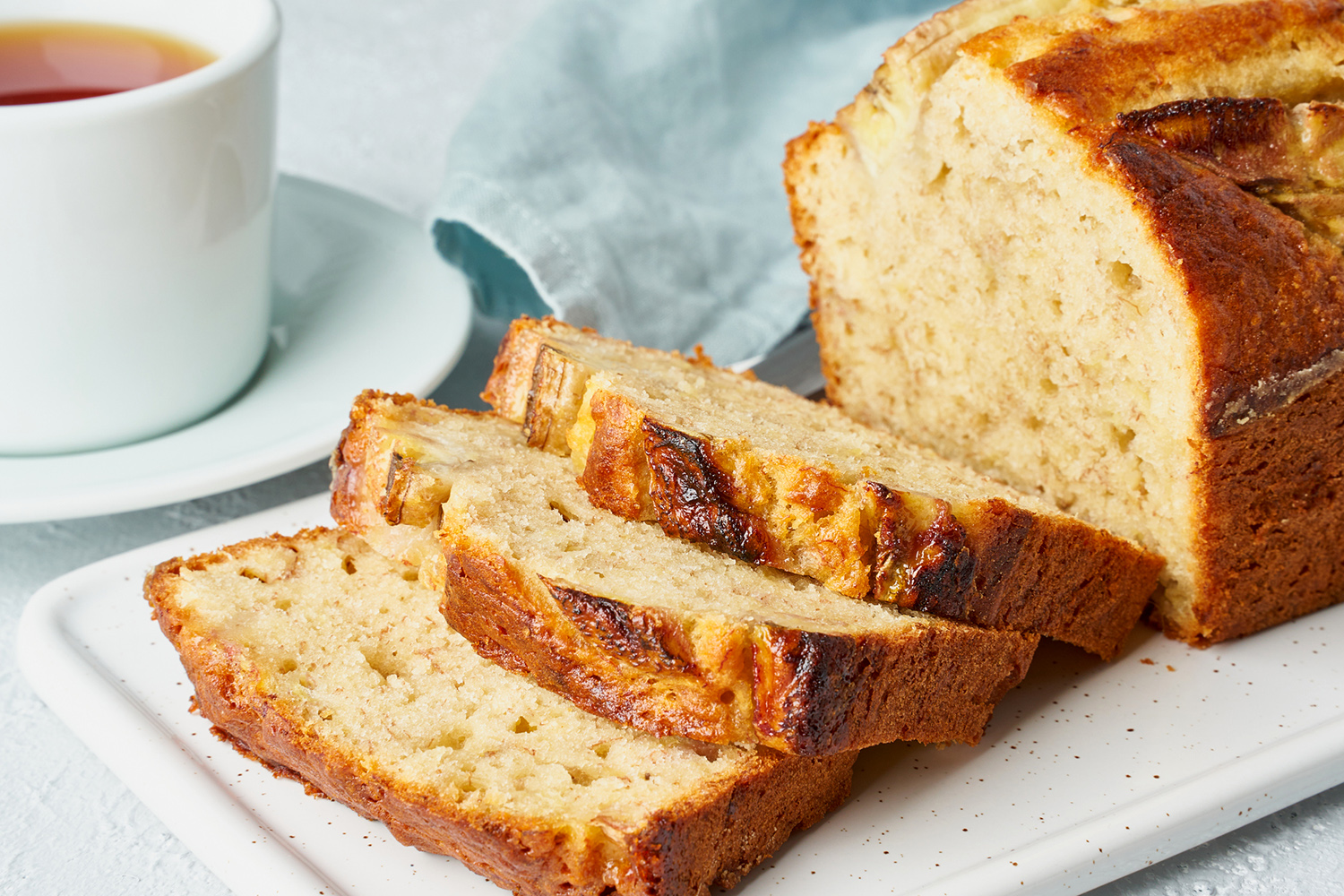
Algae and seaweed in food - these are the reasons for the trend
For a long time now, algae and seaweed have not only been ingredients of sushi or other Asian dishes, but are included in many foods. Demand is growing in both the macro- and micro-algae segments. It is estimated that the market for algae and seaweed protein will grow at an annual rate of 14.1 per cent from USD 585 million in 2022 to USD 1131 million in 2027. But why are more and more end consumers opting for food with algae and seaweed and how can the food industry attract them with their products?
Algae and seaweed provide several good reasons. They range from additional health benefits to a sustainable and wholesome diet (partly as a claim on the product). Here are just a few reasons that speak for more algae and seaweed in the diet:
- Vegetable source of iodine
- Plant source of the omega-3 fatty acids DHA and EPA
- Plant source of vitamin B12
- Vegetable source of iron
- Vegetable source of zinc
- Vegan alternative to fish, taste-wise and nutrition-wise
- Heavy metal detoxification, fasting
- Natural source of antioxidants
- Table salt substitute: salty taste with less sodium
- Maritime flavours in seasoning blends
- Sustainable source of protein
- Sustainable sports nutrition
- Low-cab ingredient, lasting satiating fibre
- New vegetable dishes: salads, spreads, fillings
- Delicatessen, convenience meals
- Substitute for grain pasta
- Binding and thickening agent in desserts and drinks
- Baked goods
- Savoury snacks
- Colouring in drinks and desserts
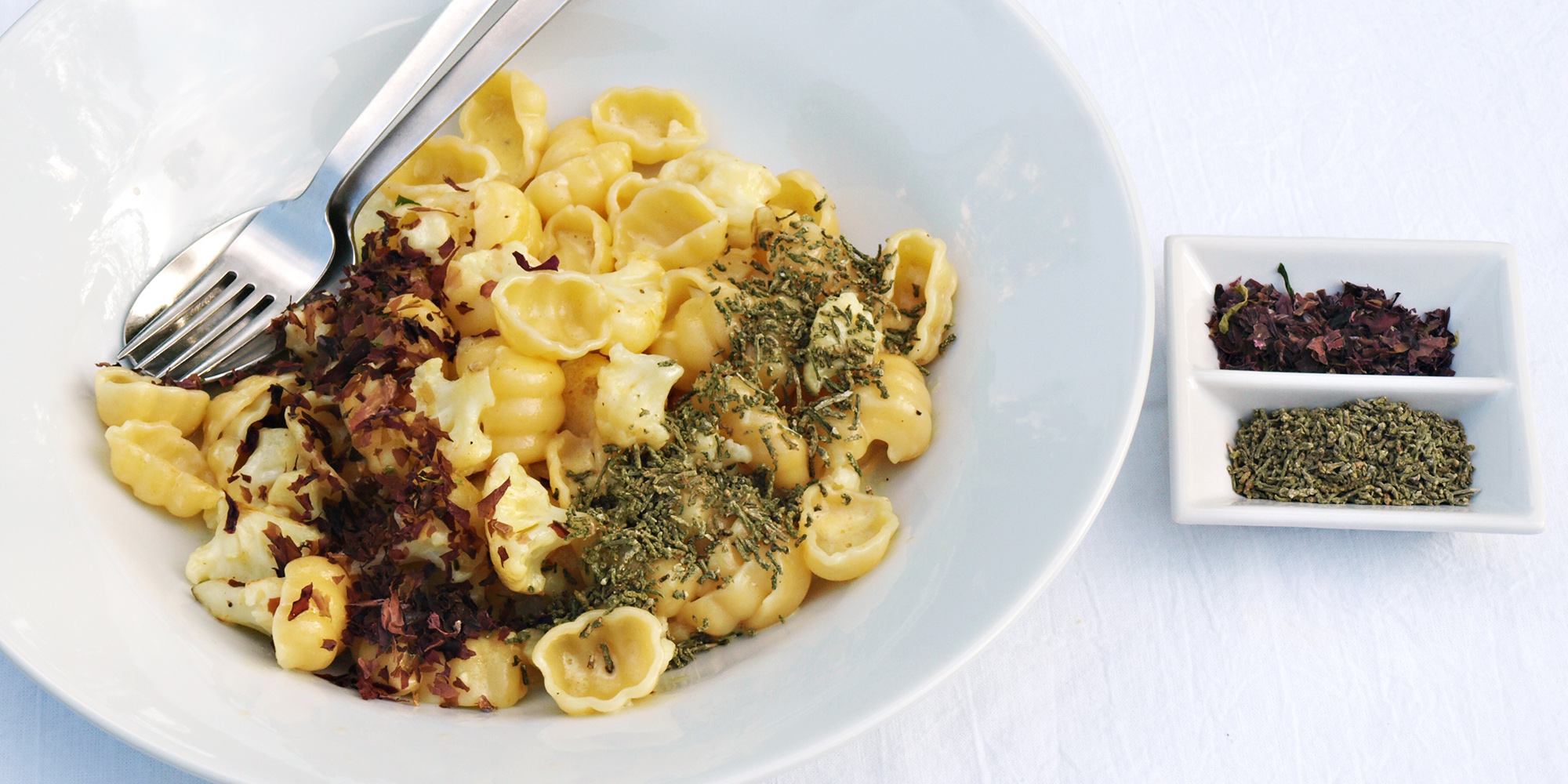
Algae and seaweed as thickener, stabiliser and gelling agent
Many seaweeds contain substances with stabilising properties and can be used as a vegan, kosher and halal alternative to animal gelatine. They have little or no effect on the taste of the end products. There are three main groups of substances that can be used as thickeners, stabilisers or gelling agents:
Agar
Gelling agent for vegan cheese alternatives, gummy sweets, baked goods (also prevents drying out) and more. The agar powder is obtained from red seaweed.
The advantages for processing: Agar can withstand high temperatures and can be remelted.
Alginates
The salts of alginic acid are known as alginates. These products are ideal for creating the bond between different components in a product.
Alginates are used in ice cream, fruit yoghurt and various dessert creams. It is produced from different types of brown seaweed in several processing steps.
Carrageenan
This product is obtained from red algae. Only refined carrageenan is used in food production. However, there are different types with different properties.
k-Carrageenan: Ideal for stabilising dairy products such as mixed milk drinks, H products or light yoghurt.
i-Carrageenan: It has gelling properties for softer gels or dressings.
λ-Carrageenan: Is a thickening agent that can be used in instant products.
Our TOP sellers in the food sector
Algae and seaweed in food supplements
Algae and seaweed in food supplements
Micro- and macroalgae are ideally suited for natural food supplementation due to certain nutrient profiles:
- Schizochytrium, for example, is the only microalgae approved as food in the EU that produces omega-3 fatty acids. Therefore, it is a good raw material for food supplements such as herbal omega-3 capsules, algae and seaweed oils and more.
- Brown seaweed species are rich in iodine and therefore offer the opportunity for a plant-based supplementation of iodine intake. Germany is an iodine deficient area, so iodine-rich products can help against a deficiency.
- The calcium content is high in Lithothamnium red algae. It is used in plant-based milk alternatives to increase the calcium content and is applied by end consumers as a food supplement.
As the trend is towards a health-conscious lifestyle, the market for “healthy food” products that support a healthy diet is also growing. Smoothies with algae and seaweed are popular thanks to their many antioxidants and valuable ingredients. In the field of professional sports, these products of natural origin are considered a real superfood, because they contain a combination of nutrients that perfectly supports the muscles and body of athletes.
With algae and seaweed products, you reach above all customers who pay attention to their health, appreciate sustainability and prefer organic and vegan products. Athletes who want to help their body with a natural supplement also rely on products with algae and seaweed. In addition, people with a halal or kosher diet are a target group.
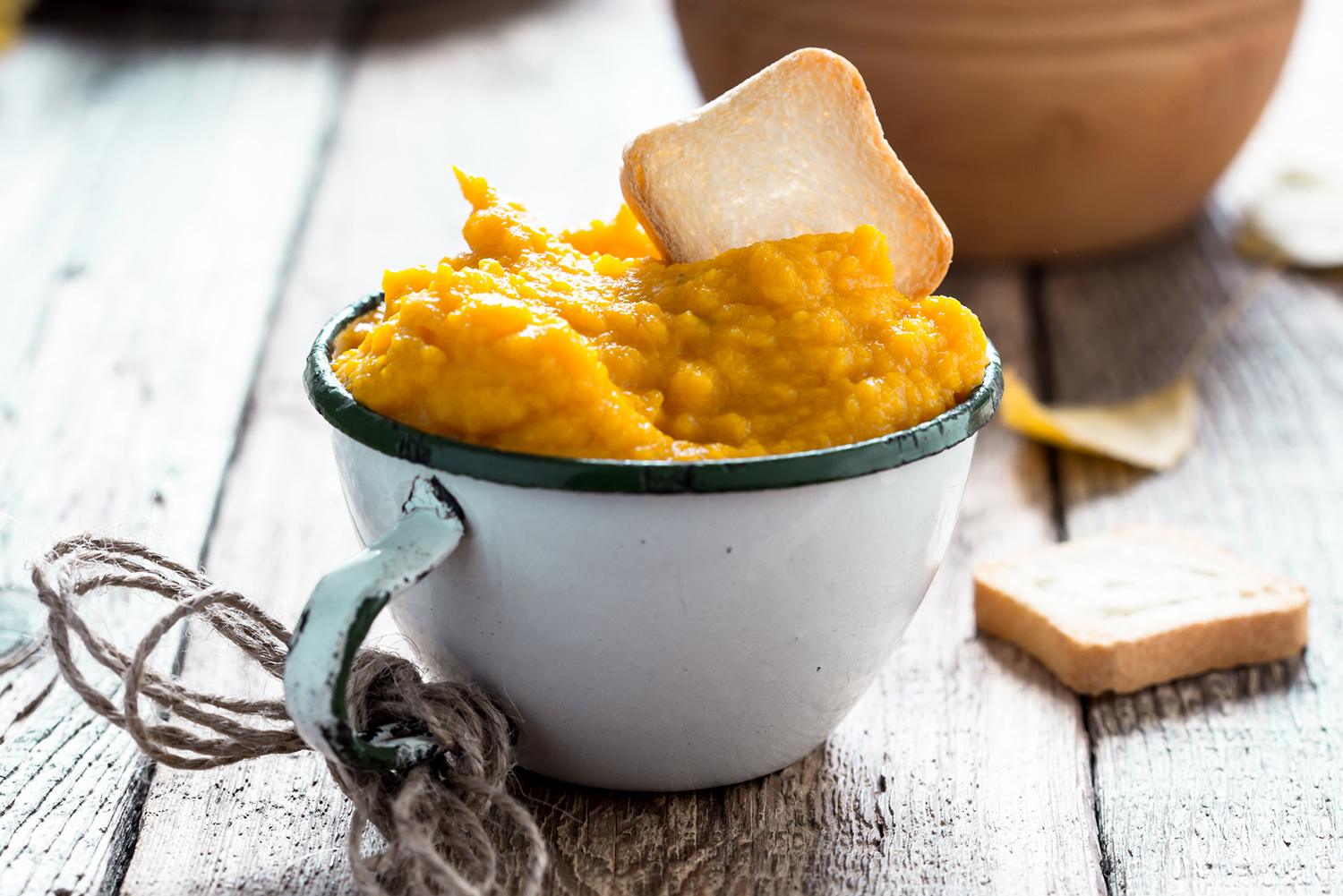
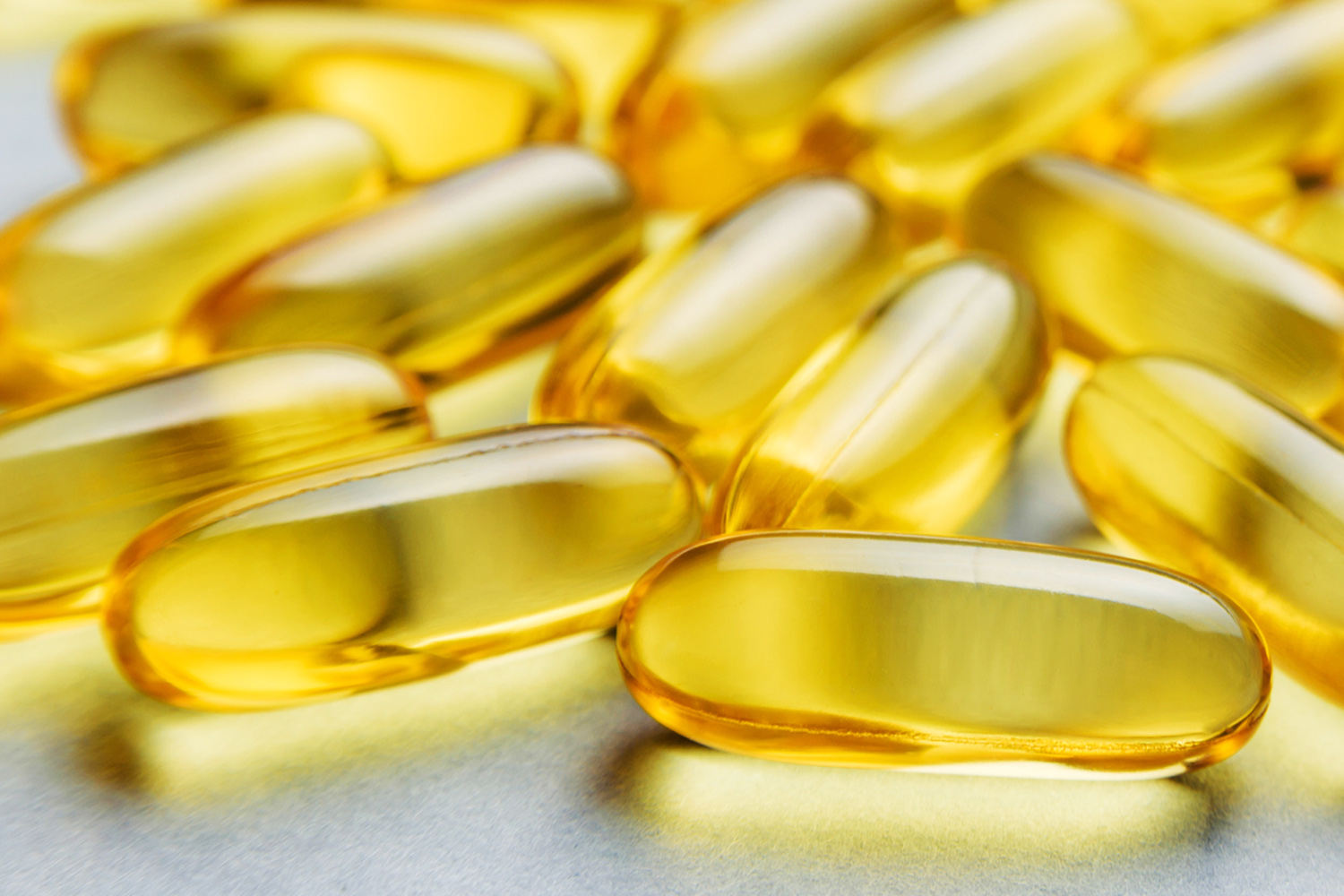

Algae and seaweed in the food industry - they are already used here
Food manufacturers have been using algae and seaweed for decades as additives for stabilisation or gelling. But over time, algae and seaweed became more and more popular and are now naturally included in food products. Algae and seaweed are extremely diverse in their properties and uses, so there is already a large range on the market. New foods are being added all the time. We present some possibilities for the use of algae and seaweed in the production of food:
- Algae and seaweed salt as a natural alternative to iodised salt.
- Seaweed salads: Seaweed and vegetables make a great team. Together they are a vegan product that is in no way inferior to shellfish salad, caviar and the like.
- Maritime flavours for refining numerous products.
- Ingredient for Asian cuisine: fish sauce substitute, noodles with or from algae and seaweed or algae and seaweed flakes for seasoning.
- Vegan alternatives: Algae and seaweed are used here for nutrient enrichment, texture or as flavour components.
- Stabilisation of skim products.
- Natural colouring agent: Spirulina in particular colours products green or blue. This finds savoury and sweet applications.
- Fasting or detoxification products such as juices, teas or smoothies.
- Food supplements, sports nutrition and healthy food for health-conscious people.

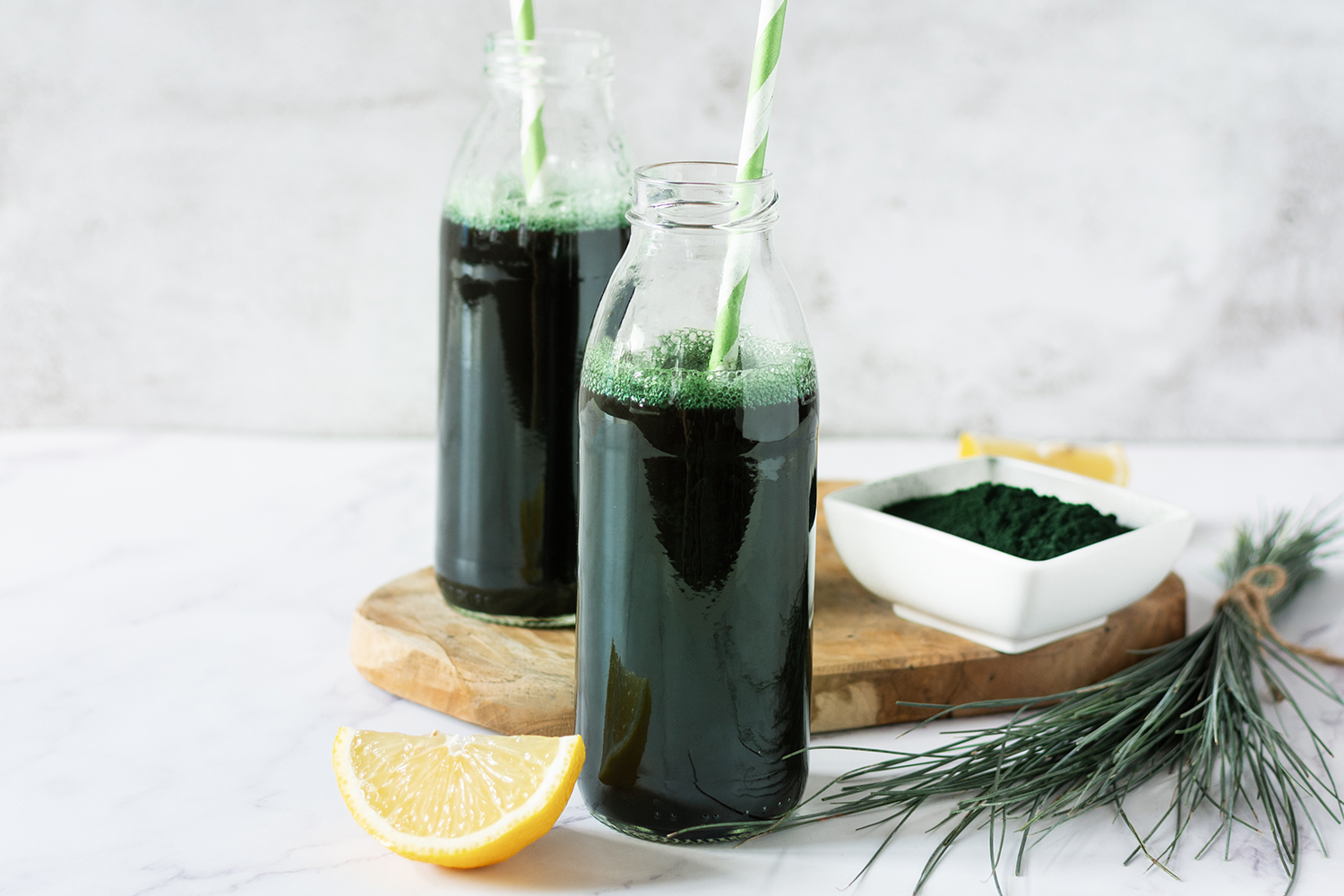
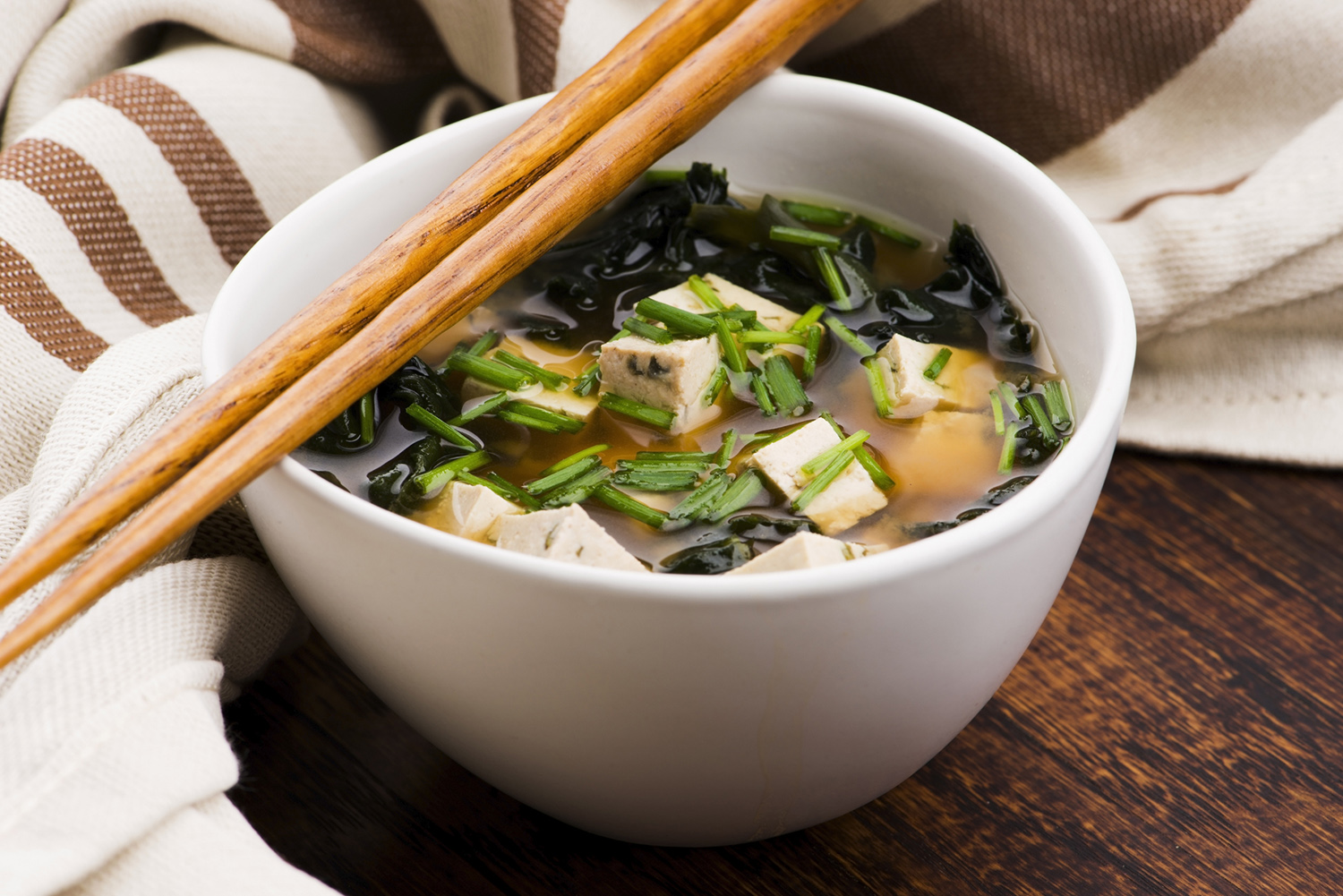
Overview: Algae and seaweed and their use in food
| Algae / Kind of seaweed product | Advantages |
| Spirulina | Powerful antioxidant, superfood |
| Spirulina Blue | Strong antioxidant, colours food blue. The ingredient phycocyanin is scientifically well studied and is said to have health benefits. |
| Chlorella | Binds heavy metals in the body for detoxification, is said to have health benefits. Food supplement for athletes with up to 60% protein. Contains all water-soluble vitamins and minerals such as calcium, magnesium, iron and zinc. |
| Agar | Vegetable gelling agent, thickener and stabiliser |
| Alginate | Provides good binding in products |
| Carrageenan | Thickener for dairy products, stabiliser |
| Irish Moss | Raw material for carrageenan, vegetable gelling agent, hardly any taste of its own |
| Kelp / knot kelp, bladder kelp, saw kelp | Source of iodine, high content of minerals such as zinc, is said to stimulate the metabolism,support for fasting cures. |
| Kombu / Kelp | Natural flavour enhancer, iodine, calcium and potassium are included, raw material for alginate |
| Sugar kelp | Natural flavour enhancer |
| Nori | Familiar flavour from sushi cuisine, contains special proteins and antioxidants |
| Dulse | Specky / nutty flavour of its own, contains iron, potassium, magnesium and B vitamins |
| Calcium Algae and seaweed | Calcium Source for Vegan Milk Alternatives |
| Schizochytrium | Omega-3 fatty acids DHA and EPA |
| AFA algae and seaweed | Broad spectrum of nutrients such as minerals, enzymes, amino acids and vitamins, popular in naturopathy. |
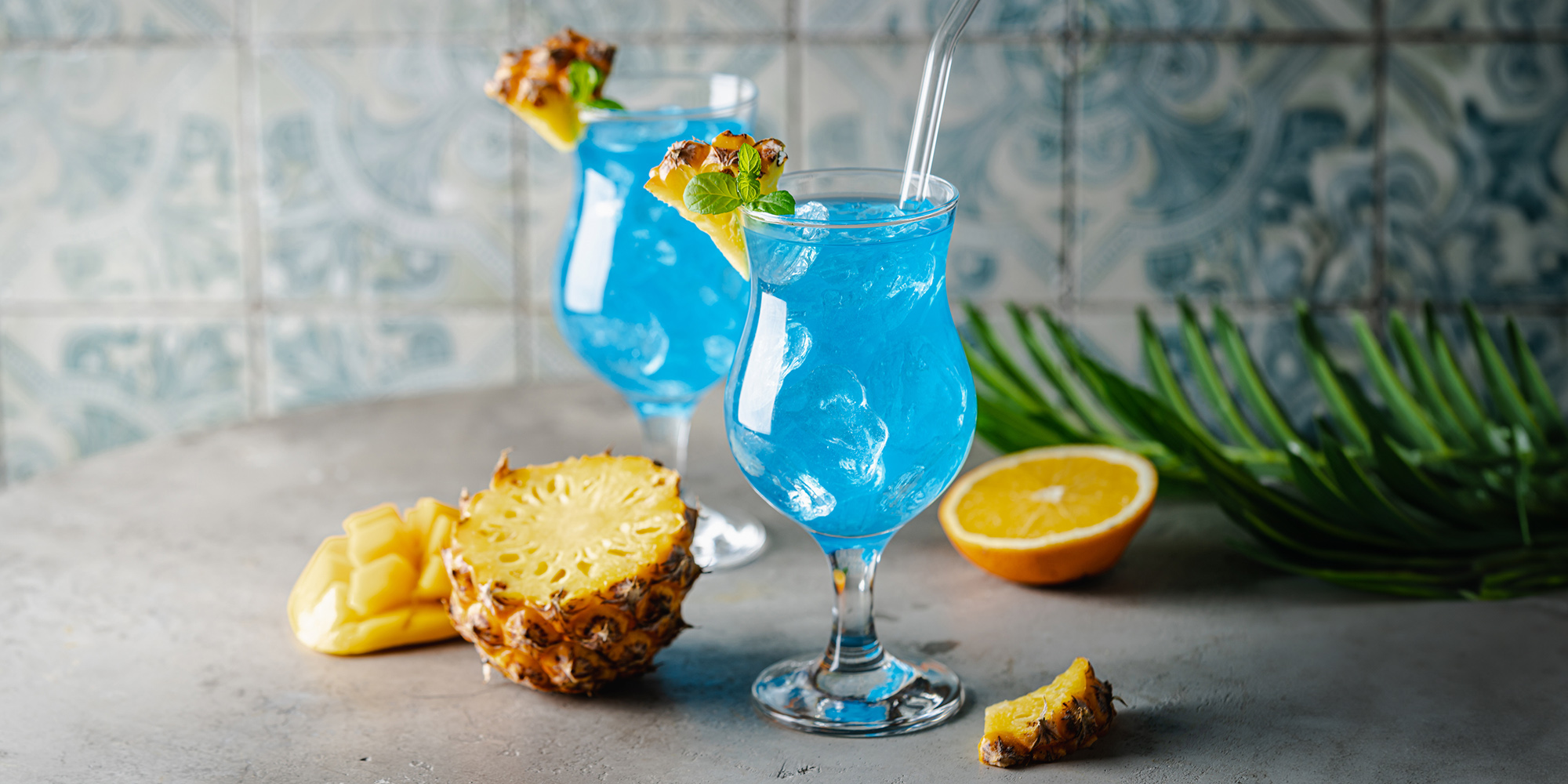
Algae and seaweed, food, B2B - this is what you should know about us
We are your contact for algae and seaweed raw materials in the B2B sector. We are happy to offer you competent advice on questions regarding the selection of algae and seaweed for your recipes. From our extensive range of quality-scented raw materials, you can offer your customers guaranteed pollutant-free, harmless products.
We offer all types of seaweed whole, cut, powder, oleoresin, dried, frozen, salted or fresh. If your desired form is not included in our catalogue, then (and not only then) feel free to contact us.

